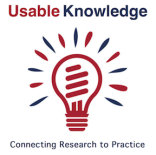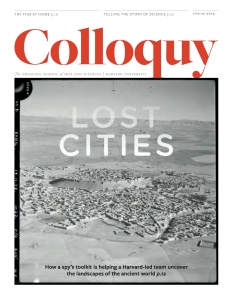Over the last year, as my role has expanded to include oversight of the various communications projects that emanate from our busy Office of Communications and Marketing at the Harvard Graduate School of Education, I’ve been honored to be a part of some amazing work. Our award-winning alumni magazine, Ed., comes out of our shop, with an inc redibly talented editor at the helm. The school’s long-running podcast, the Harvard EdCast, is also part of my purview, and I work with the host/producer to plan episodes and seasonal arcs, as well as to plan and improve content strategy and dissemination. I oversee content decisions about the HGSE home page and our digital news operation.
redibly talented editor at the helm. The school’s long-running podcast, the Harvard EdCast, is also part of my purview, and I work with the host/producer to plan episodes and seasonal arcs, as well as to plan and improve content strategy and dissemination. I oversee content decisions about the HGSE home page and our digital news operation.
And of course, I keep a close eye on Usable Knowledge, which has now drawn more than 3 million unique page views since launch in September 2014. Check out some recent editorial initiatives we’ve created for Usable Knowledge: series on teen anxiety and preventing sexual harassment in schools, a piece on new ways to bolster student success, and a piece on the pedagogy of play. Exciting stuff!
 Since my last post, I’ve taken on full leadership responsibility for
Since my last post, I’ve taken on full leadership responsibility for 


 One of my favorite tasks at Harvard was also one of the most difficult to get right, and most critical not to get wrong: Composing the citations that are read aloud each year at the Graduate School’s annual
One of my favorite tasks at Harvard was also one of the most difficult to get right, and most critical not to get wrong: Composing the citations that are read aloud each year at the Graduate School’s annual 